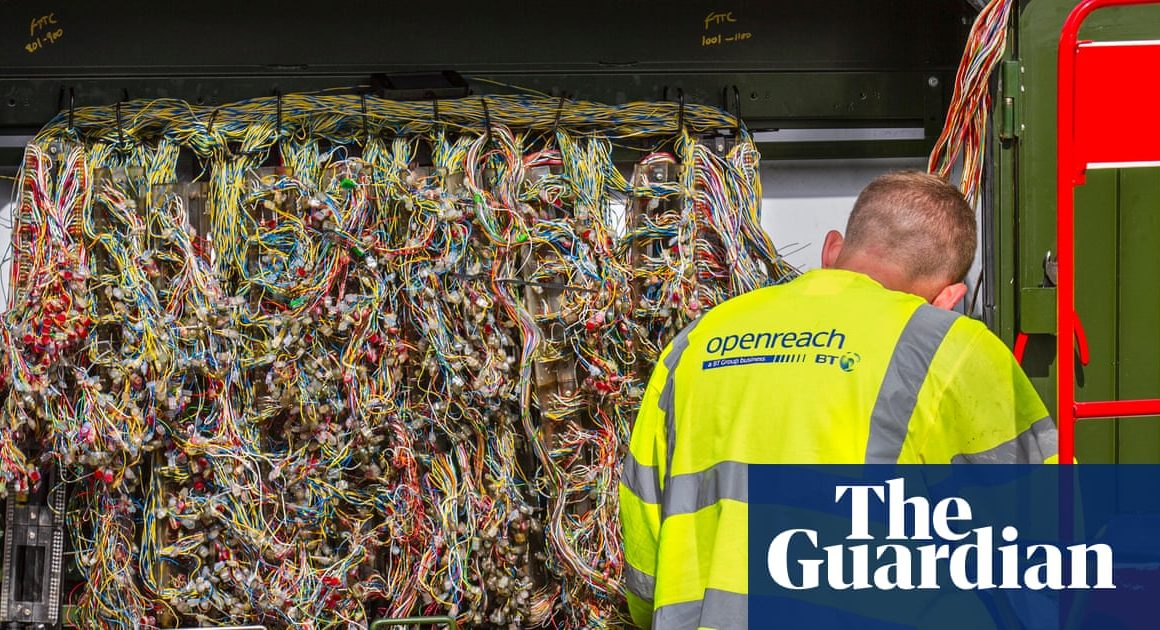For 1,700 prisoners, the day they had been waiting for came sooner than hoped for on Tuesday, when they were set free as part of the government’s early release programme.
The measures, designed to free up space in overcrowded English and Welsh prisons, mean some offenders were released on licence after serving 40% of their sentences.
Some of those released were greeted by smiling groups of friends and family – one HMP Wandsworth inmate was even met with music and champagne – while others exited the prison gates alone.
But there have been concerns that many will not get the support they need in the outside world.
At HMP Leeds, the country’s second most overcrowded according to the Howard League for Penal Reform, released inmate Stuart Bennett said he felt prison and the probation services were letting down those who needed help.
Speaking after being released two weeks after being jailed on prison recall, he said: “Prison needs reform. There are people who aren’t committing crime that are getting locked up.
“I reckon 70% of people in there need help, not punishment. We’re a lost generation of ravers who didn’t know the party was over.
“There’s a lot of people being drug tested and doing drug rehabilitation and getting jailed if they fail as punishment. They need help. Prison needs reform and probation needs reform.”
The father of another released inmate said he thought prison did not work for criminals with drug problems such as his son.
Speaking outside the prison, Andrew, from Leeds, said: “I just hope it’s organised properly and prison staff are in touch with local job centres and they can have access to their benefits and support when they’re out.
“In the case of my son, he has his own tenancy and he will need to go to the job centre. I’ll drop him off there and if he needs a lift to the drug rehabilitation centre.”
His son had been in prison before and Lindsey was worried he was trapped in a cycle of reoffending.
Lindsey said: “When he’s been released before, he’s been given a court order to comply with rehabilitation activity but sadly he hasn’t engaged with them which is why he’s ended up back in.
“I don’t think they should be in prison if it’s drug related. I think they should perhaps be in a hospital setting. I think there’s a high prevalence of drugs in prisons which doesn’t help people be rehabilitated.
“My son has been in prison three times this year but before that he had no criminal convictions. But once the heroin took control, it was a downward spiral.
“It’s the drug industry and the criminals that run that trade that need tackling, but God only knows how you do that.”
One inmate leaving Wandsworth prison in London told the BBC he would rather stay inside than be released early.
“I like it in there. Nice warm cell, three square meals a day, a TV, a kettle,” he said, adding that he had nowhere to go and would be likely have to sleep on a park bench that night.
The early releases come amid a warning from the chief inspector of prisons, Charlie Taylor, that some former inmates become homeless, which could increase their chances of reoffending.
Taylor said the government “had no choice but to do something” about overcrowding because “the bath was in danger of overflowing, and they either had to turn the taps off or they had to let some water out”.
He said: “It’s inevitable that some of these prisoners will get recalled to custody and it’s inevitable that some of them will go out homeless.
“If people are coming out, they’re not properly prepared, and they’re homeless, then what we’ll see is the danger that they’ll commit more offences, or that they breach their bail conditions, in which case they’ll end up back inside again.”
Speaking to BBC Breakfast on Tuesday, he said the issue of prison overcrowding was harming prisoners’ prospects of rehabilitation.
He said: “Prisoners are locked in their cells for long periods of time, relationships with prison officers are often transactional and most importantly of all they’re not getting involved in the sort of purposeful activity, the education, the work, the training, that is going to make them less likely to reoffend when they come out.”
Taylor’s comments came as his annual report was released, which said the number of prisoners was projected to grow by about 27,000 by 2028, meaning it was unlikely to be possible to build enough new accommodation.
The prison population reached a new record high of 88,521 people on Friday and has risen by more than 1,000 people over the past four weeks.
Meanwhile, the Prison Reform Trust (PRT) said prisoners were being “warehoused” and needed to be spending time in education, training and work rather than “sharing an overcrowded cell for 23 hours a day”.
Pia Sinha, chief executive of the charity, said: “We cannot continue to warehouse people in these conditions and expect that things will be better when they’re released.”
On Monday, it was revealed that some crime victims have been left unaware of the early release of the person responsible for committing a crime against them.










